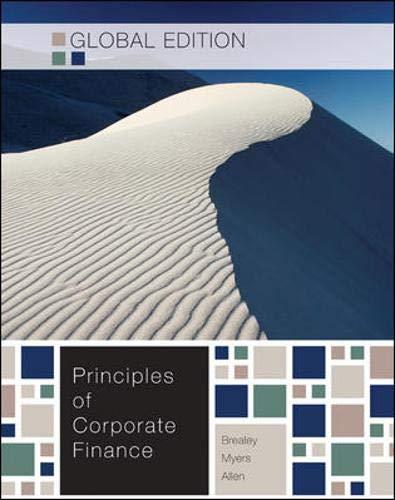Question
Background Information - As mentioned above, both Bill and Betty expect to retire in approximately 2 years (January 1, 2024). The Browns expect to enjoy
Background Information - As mentioned above, both Bill and Betty expect to retire in approximately 2 years (January 1, 2024). The Browns expect to enjoy the same lifestyle when they retire as they have now (e.g. same level of living expenses in retirement as they are spending now). - In retirement, the Browns goal is to, together, have a cash flow of $72,000 per year (before expenses and before taxes). - Bill expects to earn $12,000 in gross income per year at the start of his retirement. This income will mainly come from CPP and OAS. - Betty expects to earn $60,000 per year from her Employers Pension Plan. - As mentioned earlier in this case, in 2024 the Browns want to sell their home and downsize to a less expensive condominium. They will invest the extra money to increase their income in retirement. The Browns intend to use the extra money from the sale of their principal residence to: Pay off all outstanding debt owing when they retire invest any remaining money into a diversified portfolio. The expected rate of return on this investment account is 6% per year (before tax and inflation). The income from this portfolio will be used to support the Browns in retirement. REQUIRED: a. The Browns would like you to prepare a Projected Cash Flow Statement for their first month of retirement (January 2024). You are required to simply list their likely sources of income, for both Bill and Betty, in their first year of retirement (2024). Where the income amounts are known, you should include them in your projected cash flow. The Browns monthly expenses are not expected to change very much when they retire. Some expenses will no longer be applicable in retirement, such as the debt repayment amount, RRSP Contributions, Employer Pension Plan contributions for Betty. Discretionary expenses may be reduced if required to reach a balanced budget. b. The Browns do not want to retire with debt, but they may not have a choice given their current large outstanding line of credit. The Browns would like you to provide some comments about this financial goal. c. Betty mentioned to you that she read somewhere that her RRSP will automatically be converted into a RRIF when she retires and that she will have to withdraw money from the RRIF each year. Betty is concerned about the tax implications of this early conversion requirement from her RRSP to a RRIF. Please let Betty know if she is correct.
Step by Step Solution
There are 3 Steps involved in it
Step: 1

Get Instant Access to Expert-Tailored Solutions
See step-by-step solutions with expert insights and AI powered tools for academic success
Step: 2

Step: 3

Ace Your Homework with AI
Get the answers you need in no time with our AI-driven, step-by-step assistance
Get Started


